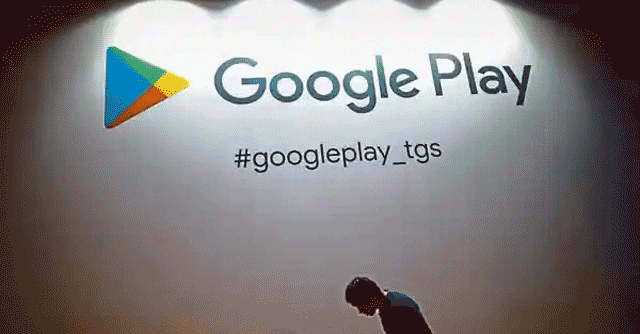
Google will hide outdated Android apps on Play Store from November 2022


Developers who don’t update their apps for Google’s newest versions of Android could find their user base severely reduced from November this year. In a blog post on April 6, the company said that it is going to reduce the visibility of outdated apps on the Play Store, thereby restricting the ability for them to be downloaded by new users from the store starting November this year.
Google will look to hide and block apps on the Play Store that have remained outdated, and are not compatible with Android versions more than two years from the latest release. For instance, if an old app is not compatible with at least Android 11 upon the stable release of Android 13 later this year, users who have never used this app before would not be able to find it on the Play Store.
To be sure, this isn’t the first time Google has made such a move. The company has had similar rules for years now — in August 2020, shortly before the rollout of Android 11’s stable build, Google had mandated that any new app on the Play Store will need to target at least Android 10. Three months later, in November 2020, Google had stated that any app update submitted to the Play Store will need to target at least Android 10.

Continuing on this, in yesterday’s post, Google made the rule applicable for all upcoming versions of Android. “Starting on November 1, 2022, existing apps that don’t target an API level within two years of the latest major Android release version will not be available for discovery or installation for new users with devices running Android OS versions higher than apps’ target API level. As new Android OS versions launch in the future, the requirement window will adjust accordingly,” the post said.
‘Target API level’ in Google’s post means Android apps will have to target application programming interfaces designed for newer versions of Android. APIs are software that allow two applications, or an app and OS to talk to each other. An app cannot talk to a new version of Android unless it supports its APIs.
The move, according to Google, is an effort to urge developers to update their apps more frequently, and bring a larger chunk of apps up to date with Android’s latest standards. However, it is not a blanket purge of the Play Store — Google confirmed that users who are already using apps that have been outdated by over two years on the Play Store will not be simply removed, but continue to remain available for re-downloading, if that is so required.

The move’s rationale comes under the company’s efforts to improve privacy and security of apps in the Android ecosystem. Explaining this, Krish Vitaldevara, director of product management for Play Services at Google said, “In addition to the Google Play features and policies that are central to providing a safe experience for users, each Android OS update brings privacy, security, and user experience improvements.”
He added that the move announced by Google today is being done to “ensure users realise the full benefits of these advances, and to maintain the trusted experience people expect on Google Play.” He also confirmed that the window of minimum updates required by apps on Android will be adjusted according to new releases of the OS.
The target API level on Android refers to the latest version of the application programming interface on Android, on which an app expects to run. Apps on Android need to update their compatibility with Google’s Android API releases to remain available on the Play Store.

Google’s policies right now state that any new app and its updates on the Play Store will need to be compatible with an Android version that is no older than one year of its latest release. Vitaldevara claimed in Google’s official blog post on the matter that a “vast majority” of Play Store apps are already compatible with the company’s app update policies.
Further, developers who aim to keep their apps visible on the Play Store can apply for a six-month deadline extension through their developer console, if they so deem fit.
